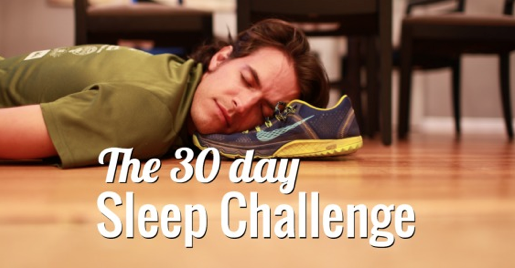Recovering from endurance races – Should you be resting or running?
Mark Green

If you have recently finished an ironman triathlon, a road marathon, or an ultra trail run, it is easy to get caught up in the hype of the event and return to full training in the hope of becoming faster and stronger for your next race.
BUT – recovering from endurance races takes weeks, if not months, so before you rush back into training, read this article, and with the help of your coach come up with at least a one-month training plan which will allow you to maintain your fitness, but not put you at excessive risk of “burnout” or injury.
Should you:
(a) – Rest in the reflective glory of the event, not run a step for 3 or 4 months, pile on a few winter kilos, and wait until your next big training block kicks off again?
(b) – Get carried away in the hype of the event and start training hard again soon, so you are fitter and stronger for your next one?
The answer, as always, lies somewhere in the middle.
Everyone will recover at a different rate. It depends on a number of factors, including:
- How hard you trained
- How hard you pushed yourself during the race
- How much race-specific training you did (hills, speedwork etc)
- Your running technique (generally and during the race)
- Your nutrition during and immediately after the race
- How many injuries or niggles you carried into the event
The real key to recovery is the old cliche “Listen to your body”. If you still feel like you need sleep and you have no energy, then keep resting. If something hurts more than it should when you run, then keep resting. If you already feel like your body and energy levels are back to normal then you should ask yourself “did I push hard enough on the day?” It takes a few weeks, not a few days, to get over an ultra.
Recovery “Rules of Thumb”
Here are a few “rules of thumb” you can follow to ensure you recover properly. It is vital to get this right so that you continue to enjoy your running and improve your performance next year.

1. Self-Maintenance Regime (e.g. Stretching, Foam Rolling, Self Massage, Yoga, Pilates)
- If you had a pre-race regime to look after your body, then get back into it as soon as possible. Your muscles will still be tight and tired from your race, so try to get back some flexibility and mobility before you resume training.

2. Strength and Stability Work (e.g. Lunges, Squats, Box Jumps, Skipping, Deadlifts, Balance Work)
- If you have a routine of exercises you perform regularly to help improve your running performance and help you to remain injury-free, then start it again soon. A few gentle strength training sessions will help prepare your body for a return to running. You should gradually return to your full regime as you feel ready.
- If you don’t have a regular strength and stability session then this is the perfect time to develop one. Runners who work on their strength, stability and mobility are less likely to get injured. They can therefore train more consistently and race faster!
3. Run when you are ready (but keep them short)
- Running ultras causes fatigue in your legs and body for weeks, not days. If you are still feeling exhausted then rest until you feel ready to run again.
- Keep your runs short for the first few weeks while your body continues to recover. You will cope a lot better with short regular runs than infrequent longer runs.

4. Get more sleep (Take the thirty day sleep challenge)
- Sleeping releases Human Growth Hormone and aides in tissue repair and growth. It is a critical part of our recovery. Take the thirty day sleep challenge to help you get the best recovery possible.
- The challenge: Get 7+ hours of sleep a night for the next thirty days – 210 hours worth of recovery. You need it!
5. Eat plenty of good food
- Giving any sort of dietary advice always invites controversy, but the time for a diet of beer and chocolate is fast coming to an end. It is great to celebrate and relax following a big event, but humans are creatures of habit, and it won’t take too long before beer and chocolate feels like a necessity rather than a luxury.
- Fresh fruit and vegetables, lean meat and seafood are all full of the vitamins, minerals and nutrients that our body devours during racing and training. Try to re-establish your normal (hopefully good) eating habits sooner rather than later so that you restock the engine in time to train for your next race.
6. Try Cross Training (swimming, cycling, gym)
- If you have come out of your race with what feels like an injury rather than a niggle, then think about starting off your training regime with some non-impact or low-impact activities while your body continues to recover. A bit of cross training can also be good for the brain, keeping you fit and making running seem fresh and enjoyable again when you can return to it.